THE LATEST FROM VALTASNews, updates, and stories to keep you in the know.
|
 Imagine the following scenarios:
In the nonprofit space, like all spaces, things go wrong. This can happen regardless of your level of preparation, financial capacity, and good intentions. Organizational leaders at the board and staff level need to know what has gone wrong and why so that they can make informed course corrections. Usually, the sooner they know, the better. But often, bad news doesn’t reach key decision makers in a timely way and sometimes it doesn't reach them at all!
0 Comments
 Jubilee Women’s Center has announced Elisabeth (Liz) Jarrard as their new Executive Director. Jarrard brings a proven track record of leadership excellence to the role and is excited to usher in this next chapter. In speaking of the road ahead, she has said, “I am wholeheartedly aligned with the mission and programming of Jubilee Women’s Center. It is needed, and it is effective. When we support each other, our entire community benefits.” Having formerly worked at Compass Housing Alliance for a decade, Jarrard has considerable experience across the affordable housing and emergency services sectors.  What are the top reasons for attending a nonprofit conference? What should you expect to get out of it and what should you be ready to put in? How can a nonprofit conference aid in your professional development and equip you to lead better? These are all questions nonprofit conference attendees and hosts should ask before the event. In the nonprofit world, these questions become even more crucial to consider because organizations are charged with stewarding their resources in a way that furthers their mission, and there are never enough resources to do everything worthwhile. So, sending attendees or hosting a conference often involves a tradeoff. And yet, organizations correctly recognize that conferences are a wonderful opportunity to educate and inspire staff to help them do their best work. Nonprofit Executive Onboarding: How to Ensure an Executive Director’s Success in the First Year5/13/2024  Congrats, you have a new Executive Director! Now it’s time to set them up for success! Successfully navigating an executive leadership transition is one of the board’s most important jobs. It’s a big lift to find the organization’s next inspiring leader, and it’s important to celebrate the hiring milestone. But, as much as we may wish the job was finished when the offer letter is signed, one of the most critical phases of the leadership transition has just begun.  Delegating is both one of the best gifts that leaders can give and one of the hardest gifts for them to give. It’s difficult because it requires trust that the work at hand will be done to the standards of the leader delegating it in terms of quality, timeliness, accuracy, and scope. When looking at delegating in the context of nonprofit work, it’s especially challenging because the best nonprofit leaders are not simply talented professionals with high standards, they are also incredibly passionate about the cause they are supporting. Delegating means asking for the same level of commitment to the mission that they have themselves. And yet, delegating is also a very powerful tool that nonprofit leadership can use to both grow the next generation of leaders into changemakers and future-proof the organization. There is a beauty in recognizing this potential and letting that drive your desire to become better at the art of delegating. |
THE LATEST FROM VALTAS
You are welcome to subscribe to get the latest news, updates and insights from our team. Subscribe:Ask Valtas!Categories
All
Archives
July 2024
|

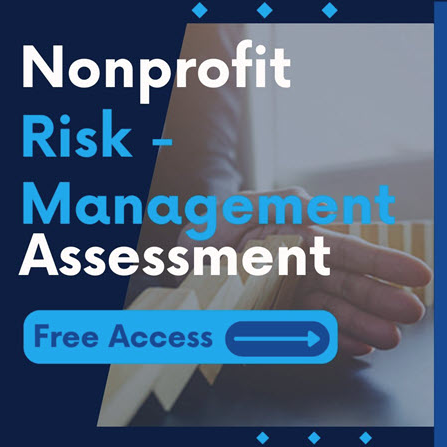
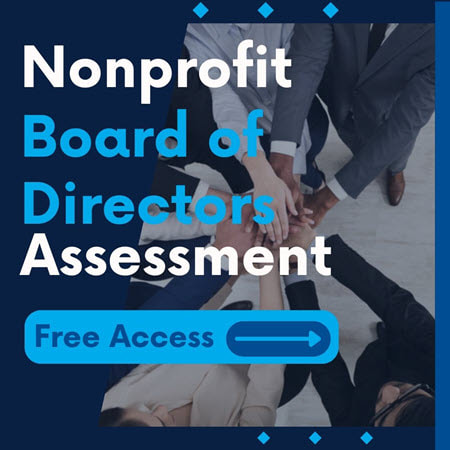
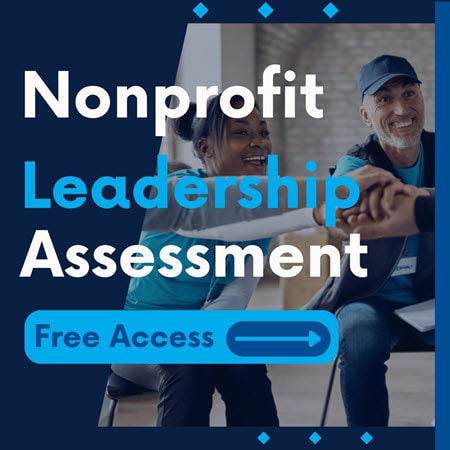
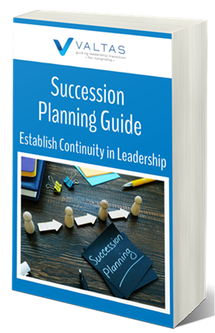
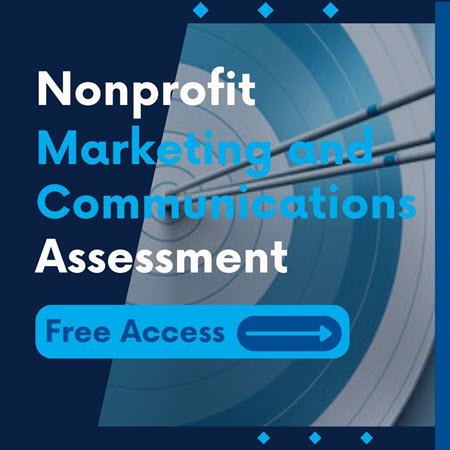
 RSS Feed
RSS Feed
